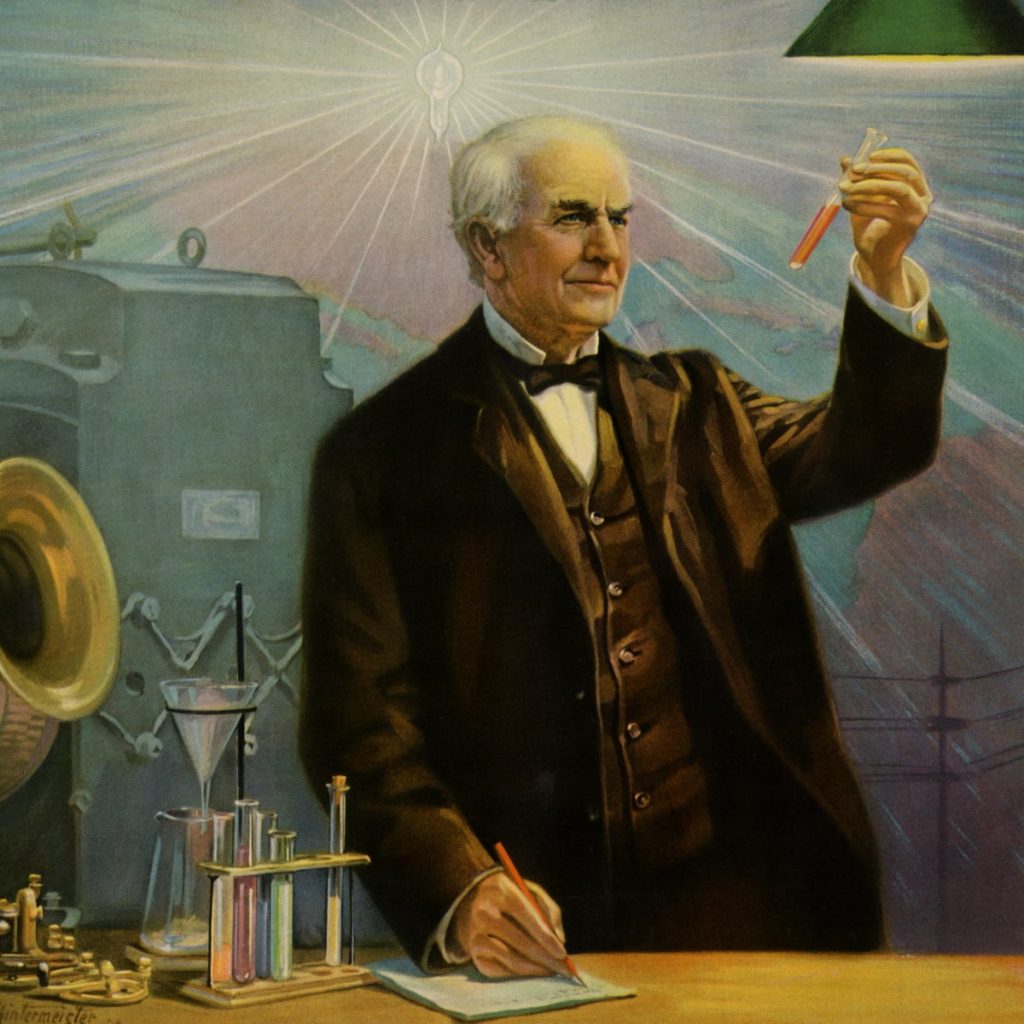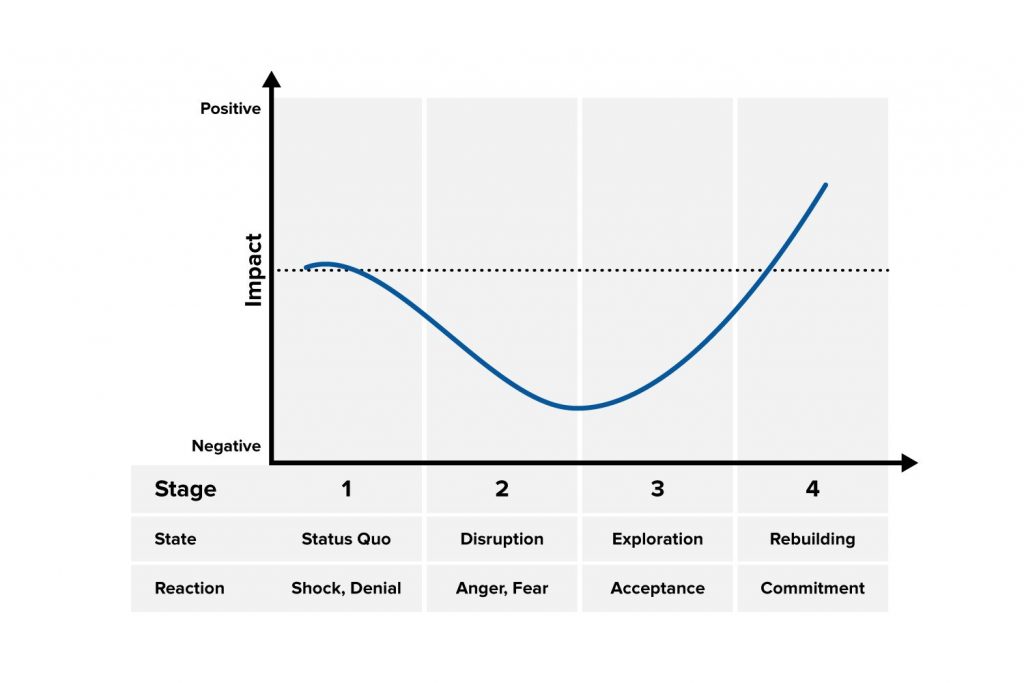
Things mentally strong people don’t do –
A bit of history
In 1914, Thomas Edison’s factory burned to the ground. The boisterous fire destroyed one-of-a-kind prototypes and caused $23 million in damage.
Most people would repent of such a massive loss and sit down to cry and complain. But, that was not Edison.
“Thank goodness all our mistakes were burned up. Now we can start fresh again.” That was Edison’s response.
You might be surprised by such a response. I was, too. But, there’s much to learn from Edison’s statement. Because it shows how mentally strong people think and react.

On feeling sorry
In her bestselling book, “13 Things Mentally Strong People Don’t Do,” which is being translated into more than 20 languages, Amy Morin, a psychotherapist, college psychology instructor, and one of the most sought-after TEDx speakers breaks down the healthy habits of mentally strong people. According to her, mentally strong people manage their emotions, thoughts, and behaviours in a manner that sets them up for success in the future. Take a look at some of the points mentioned in her book.
They don’t waste time feeling sorry for themselves.
Mentally strong people don’t sit around feeling sorry about their situation or what someone has done to them.
“Feeling sorry for yourself is self-destructive,” Morin writes. “Indulging in self-pity hinders living a full life.”
Instead of playing the blame game, mentally strong people take responsibility for their role in life and understand and accept that life isn’t always fair. This is because it’s a waste of time, gives rise to negative emotions, and hurts other relationships.
The key is to “affirm the good in the world, and you will begin to appreciate what you have,” she explains. Swapping self-pity with gratitude is the answer.
Similar Post –
On power
They don’t give away their power.
Individuals who are mentally strong don’t give their power into someone else’s hands. They don’t allow anyone else to take control over their life.
They are not used to saying things including, “My boss makes me feel bad.” They understand that while they can’t control anyone else’s emotions and responses, they have full control over how they think and react.
Morin believes that people give away their power when they lack physical and emotional boundaries. People need to stand up for themselves and draw the line when necessary.
When others are in control of your actions, then your future success falls in their hands, too. You need to develop the strength to follow your goals on your own.
Take Oprah Winfrey, for instance. She grew up dealing with poverty and sexual abuse, but she chose to define herself by not giving away her power. She was sexually abused by her cousin between the ages of nine and thirteen. And at 14, she received the news that she was pregnant. The father was never revealed. She lost her baby within a few minutes of birth. Even though this was not the best of beginnings, Oprah never gave up on herself and was able to become who she is today because of that mindset.

Similar Post –
On change
They don’t shy away from change.
Mentally strong people don’t avoid change. In fact, they are flexible and open to positive change. This is because they understand that life never stays the same and believe in their abilities to adapt.
Two psychologists, Carlo DiClemente and James O. Prochaska studied people who were trying to quit smoking and discovered five stages that can be used to assess someone’s ability to make the change. Their research shows that it’s unproductive to force someone to make a change when they’re not ready. For instance, many new year resolutions don’t work because individuals expect to create change on a given date in a calendar without realizing that real change takes time.
The first stage of change is “pre-contemplation.” This is when someone is not thinking about creating a change. Unless someone points out the consequences of remaining the same, the person is most likely not going to change anything.
“Contemplation” is the second stage. This is when someone recognizes the dangers of staying the same and starts thinking about changing something. However, moving to the next stage is only possible when the benefits of change outweigh the risks of staying the same.
The third stage is referred to as “preparation.” This is one of the longer stages since a person is committed to changing and should avoid making hasty decisions that can dampen the overall effect of the change.
“Action” comes next. This is also a lengthy stage because someone is actually taking the efforts to make a change. For instance, if someone desires to lose weight, then they might start exercising and taking care of their diet during this stage.
The last stage is called “maintenance,” which is important to remind a person to keep track of their newly developed habits or processes. It’s easy to convince someone to give up their new habits and being wary of any external or internal distractions is helpful.

On control
They don’t waste energy on things they can’t control.
You won’t hear mentally strong people complain often. They won’t complain about lost luggage or traffic jams. They realize that they don’t have control over many things in life and should focus on controlling their attitude.
“It feels so safe to have everything under control, but thinking we have the power to always pull the strings can be problematic,” writes Morin.
For instance, if one starts a YouTube channel with high hopes but doesn’t see a lot of audience retention and reaction in the first few months or even a few years, one might be tempted to give up and take out their frustrations on the algorithm. Instead of doing this, one should divert their attention to creating worthwhile content without worrying about the algorithm, something that isn’t in their control.
Similar Post –
On pleasing others
They don’t worry about pleasing everyone.
Mentally strong people recognize that they don’t have to please everyone all the time. They’re not afraid to say no and to speak up when necessary. While they wish to be kind, they can handle people being upset with them if they didn’t satisfy their wishes.
They don’t judge themselves based on what others think about them, because that is the opposite of mental toughness.
According to Morin, being a people-pleaser is a complete waste of time. People-pleasers are easily manipulated and people should realize that it’s okay for others to feel angry and disappointed because pleasing everyone all the time isn’t possible.
Dropping a people-pleasing mindset will make one stronger and more self-confident.
While there are other points explained in Morin’s book, starting out with a few at a time can help you lead a healthier and happier life.
Works Cited:
Benna, Steven. “13 Things Mentally Strong People Don’t Do.” World Economic Forum, 20 July 2015.
Bradberry, Travis. “10 Things Mentally Strong People Won’t Do.” Forbes, Forbes Magazine, 27 Sept. 2016.
Morin, Amy. “13 Things Mentally Strong People Don’t Do.” Lifehack, 14 Jan. 2021.
Morin, Amy. “Change Doesn’t Happen Overnight: It Happens in These Five Stages.” Forbes, Forbes Magazine, 9 July 2014.
Similar Posts –
READING’S IMPACT ON YOUTH MENTAL HEALTH: DON’T LET BOOKS COLLECT DUST. Click here to read the full article.
UNDERSTANDING THE DUNNING-KRUGER EFFECT. Click here to read the full article.
Tags: developing a strong mindset, Mental Health, mental toughness, mentally strong, mentally strong people, strong mindset, things mentally strong people don't do, Youth Development, youth mental health,










[…] to Mindful.org -an organization dedicated to the propagation of a healthy mind and life for all human beings states that mindfulness is “the basic human ability to be fully […]